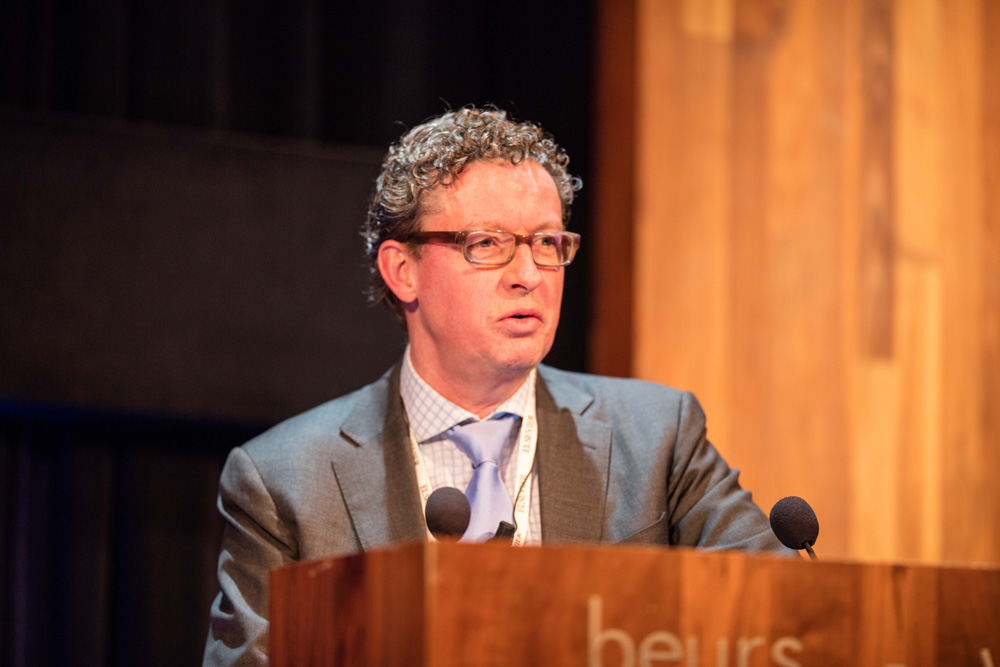Marcel Wubbolts, CTO at DSM, spoke briefly at the Ecobio 2016-conference which will be held from March 7th until March 9th. Wubbolts stressed the importance of science and technology in meeting ambitious targets, for example keeping global warming under 1.5 degree Celsius. ‘This only can be achieved by using cutting edge technologies. For DSM, this is the only way to go. Also new business models and new concepts determining value have to be developed. As for the first, the linear economy needs to be changed into a circular model, connecting the renewables loop with the finite feedstock-loop. Biobased also offers the possibility of creating new products with better ecological footprints and better functionalities for its end users. For example, DSM has developed Arnitel, a halogen-free alternative for PVC.’
Merchants of doubt
Wubbolts also mentioned a sensitive issue: new technologies have to be accepted by various stakeholders. There are several people/organisations, according to Wubbolts, who have an interest in dispersing false facts on various topics. Merchants of doubt they are called. DSM has set up an website, sciencecanchangetheworld, to praise the unsung heroes of science. ‘We need stories, based on solid science, and not a glorified marketing campaign.’
The Dutch sector, the VNCI, has taken this on board with setting up sustainability targets. However, meeting targets in terms of global warming and creating new industries is not only a task of the chemical sector, but also of agrofood, forestry, biotech and so on.’



